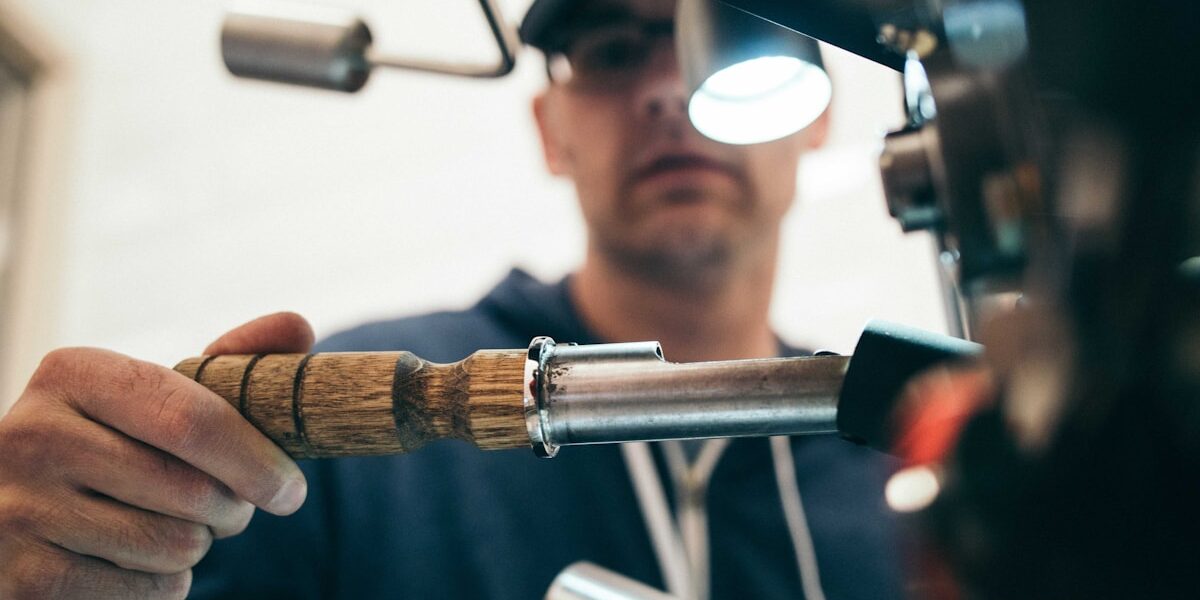Understanding Custom Tool Carts
Custom tool carts are an essential component in many industries. They offer flexibility and efficiency, catering to specific needs and preferences. Whether in a garage, factory, or workshop, these carts save time and enhance productivity. Let’s delve into the details of what makes a custom tool cart an invaluable asset.

Design and Flexibility
One of the primary benefits of custom tool carts is the ability to design them according to specific requirements. Standard tool carts may not meet unique demands for space or organization. Customization allows for the adjustment of dimensions, compartments, and features. This flexibility enables users to optimize space and accessibility, making tools easy to reach and neatly organized.
Materials play a critical role in design. Common choices include steel, aluminum, and heavy-duty plastic. Each material has its advantages. Steel offers durability, aluminum provides a lightweight option, and plastic resists corrosion. Selection depends on the intended use and environment of the tool cart.
Mobility and Ergonomics
Mobility is crucial for tool carts, especially in large workspaces. Custom tool carts often come with high-quality casters that ensure smooth movement. Swivel wheels with locking mechanisms allow users to position the cart securely when stationary. Handling and mobility considerations directly affect workplace efficiency.
Ergonomics also plays a key role. Custom carts can be designed with adjustable heights or tilting surfaces for ease of access. User-friendly designs help prevent strain and injury. Well-planned ergonomic features contribute to a comfortable working environment, increasing the overall efficiency of workers.
Organization and Storage Options
Custom tool carts provide tailored organization solutions. Drawer configurations, pegboards, and bins can be customized to fit various tools and equipment. Such organization options help in keeping the items sorted and easily accessible. Efficient organization means less time hunting for tools and more time working.
Additional features such as locks and secure latches can be incorporated. These provide security, especially in environments with high turnover or many workers accessing the same tools. Custom labeling and color-coded systems can also be used, minimizing confusion and streamlining processes.
Industry Applications
Many industries benefit from custom tool carts. In automotive shops, mechanics rely on them for efficient tool storage and retrieval. Custom carts can include compartments designed to hold specific automotive tools and parts neatly.
In manufacturing settings, tool carts might be equipped with power strips or charging stations. This ensures that power tools are always ready for use. Specialized compartments can also store sensitive parts that require protection from environmental factors.
The electronics industry often uses custom carts to manage delicate components. Anti-static materials are used to prevent electrical discharge and protect sensitive equipment. Customization allows adaptation to these specific protection needs.
Considerations for Customization
Several factors must be considered when designing a custom tool cart. It’s important to assess the size and weight of the tools and equipment to be stored. The cart should have sufficient storage without being overloaded.
Workspace layout impacts cart design. Narrow pathways may necessitate a more compact design. Consider ease of mobility in designing the shape and dimensions of the cart.
Budget constraints also play a significant role. Custom solutions can sometimes be more expensive than off-the-shelf versions. Weighing the cost against the potential efficiency gains is essential.
Benefits of Customization
Investing in a custom tool cart offers numerous benefits. It enhances efficiency by minimizing downtime spent searching for tools. A well-organized cart ensures that tools are returned to their designated spots after use.
Custom tool carts foster a safer working environment. They help to reduce clutter and the risk of accidents caused by misplaced tools or equipment. Accessibility features allow easy retrieval, reducing the risk of injury from awkward movements.
Maintenance and Upkeep
Regular maintenance ensures the longevity of custom tool carts. Inspecting wheels, joints, and locks helps to extend their life. Lubricating moving parts prevents wear and tear.
Cleanliness plays a critical role. Regularly cleaning the cart prevents rust and damage from spills. It also maintains the professional appearance of the workspace.
Trends and Innovations
Tool carts are evolving with technology. Integrated digital features such as RFID scanners and digital locks are becoming common. These help in tracking tool usage and inventory management.
There’s an increasing emphasis on sustainable materials. Eco-friendly options are being integrated without sacrificing quality or durability. Such innovations show the growing awareness towards sustainability in industrial products.
Conclusion
Custom tool carts offer significant advantages in diverse industries. From their tailored design and organization features to adaptability in various settings, they are effective in enhancing productivity and improving safety. Investing in a custom tool cart can significantly impact operational efficiency, tailored to specific user needs and preferences.
“`
Recommended Woodworking Tools
HURRICANE 4-Piece Wood Chisel Set – $13.99
CR-V steel beveled edge blades for precision carving.
GREBSTK 4-Piece Wood Chisel Set – $13.98
Sharp bevel edge bench chisels for woodworking.
As an Amazon Associate, we earn from qualifying purchases.



